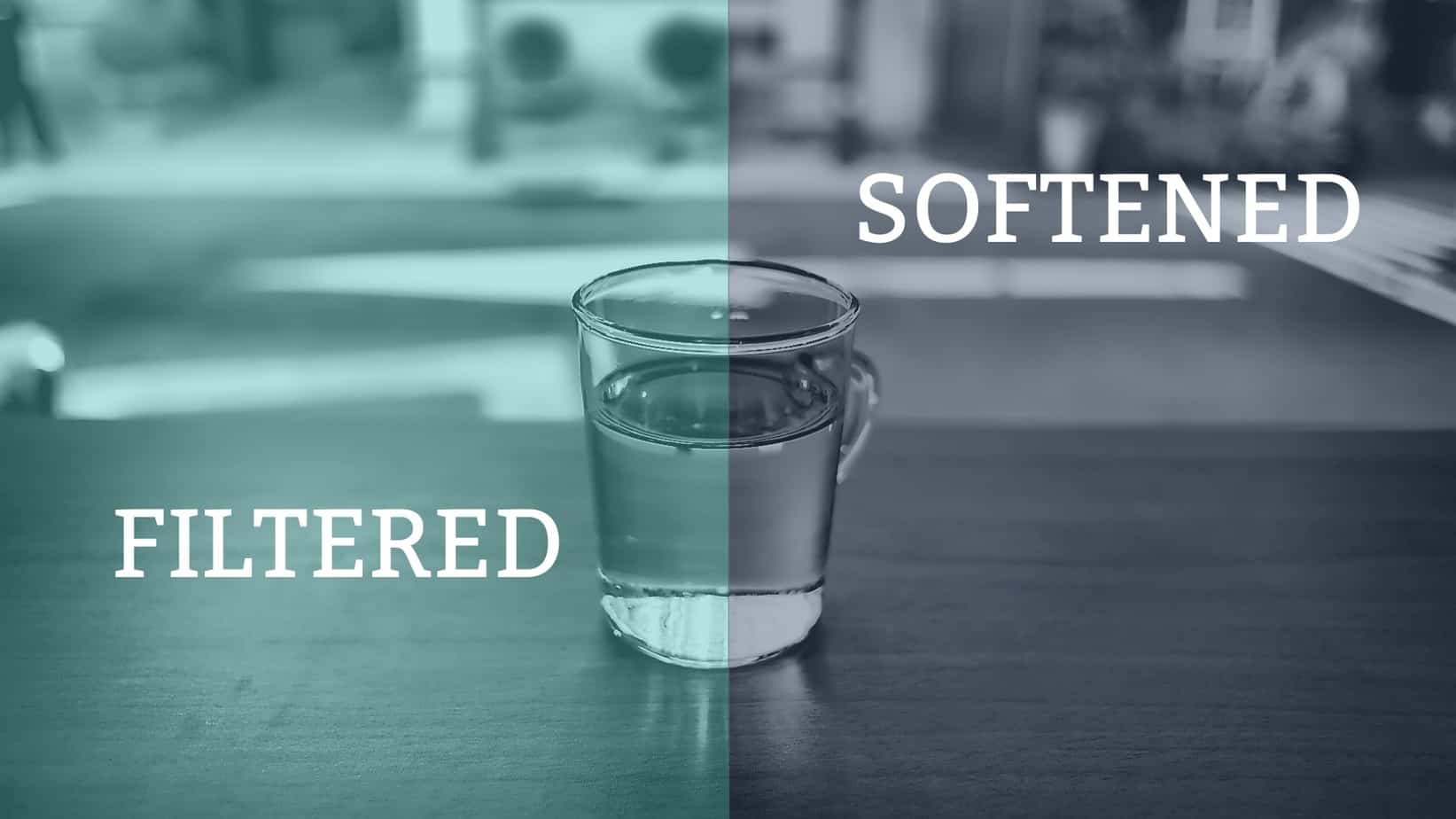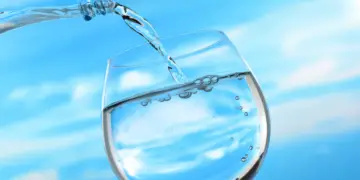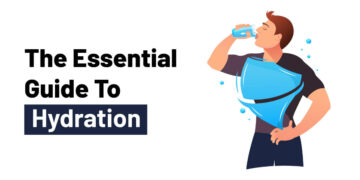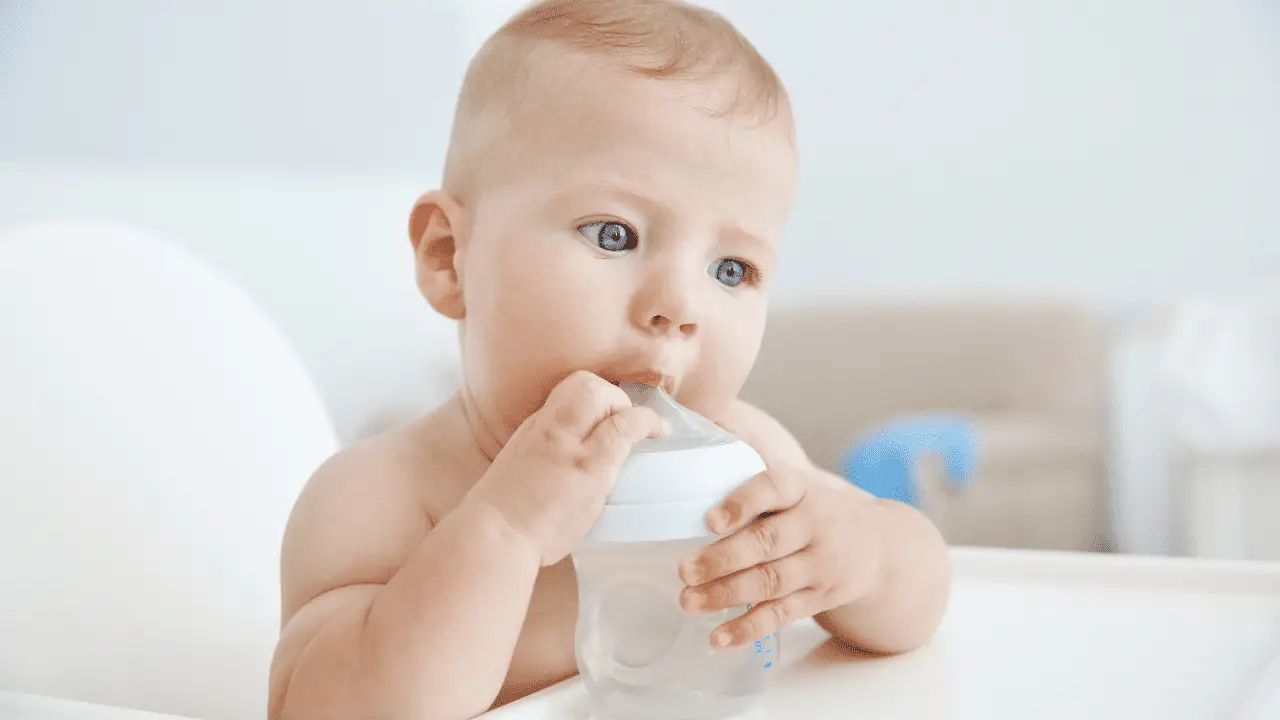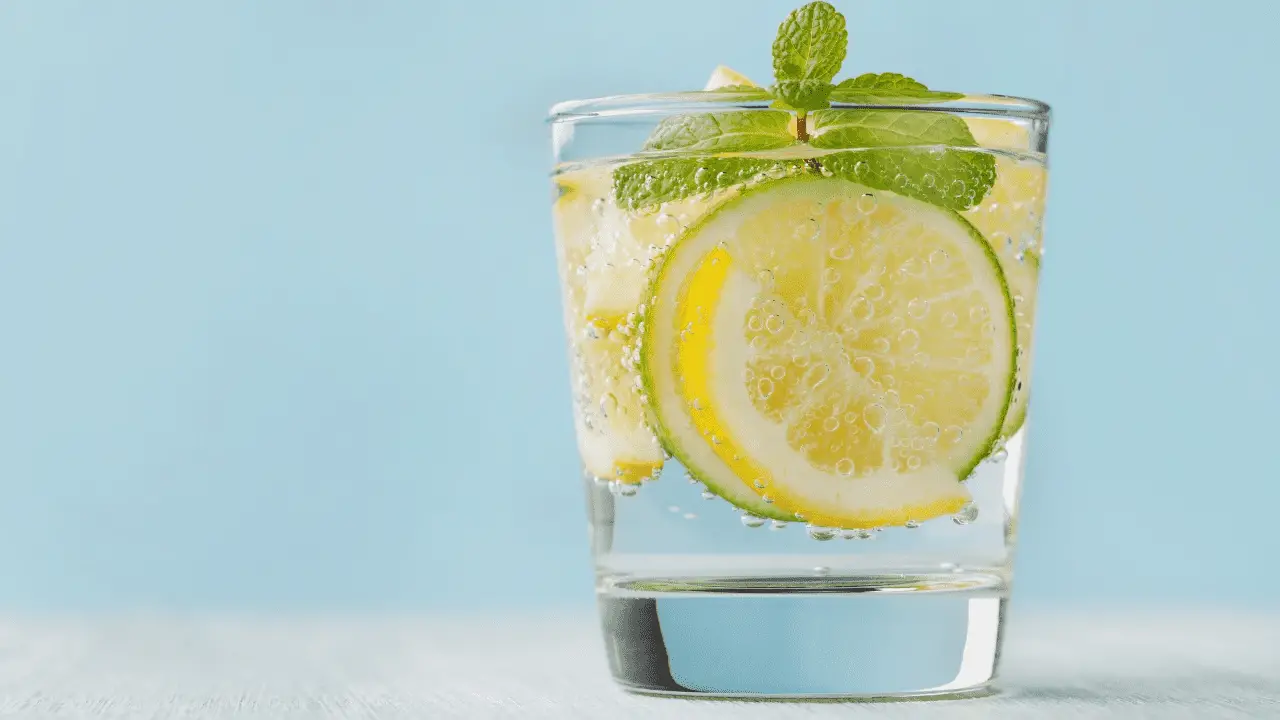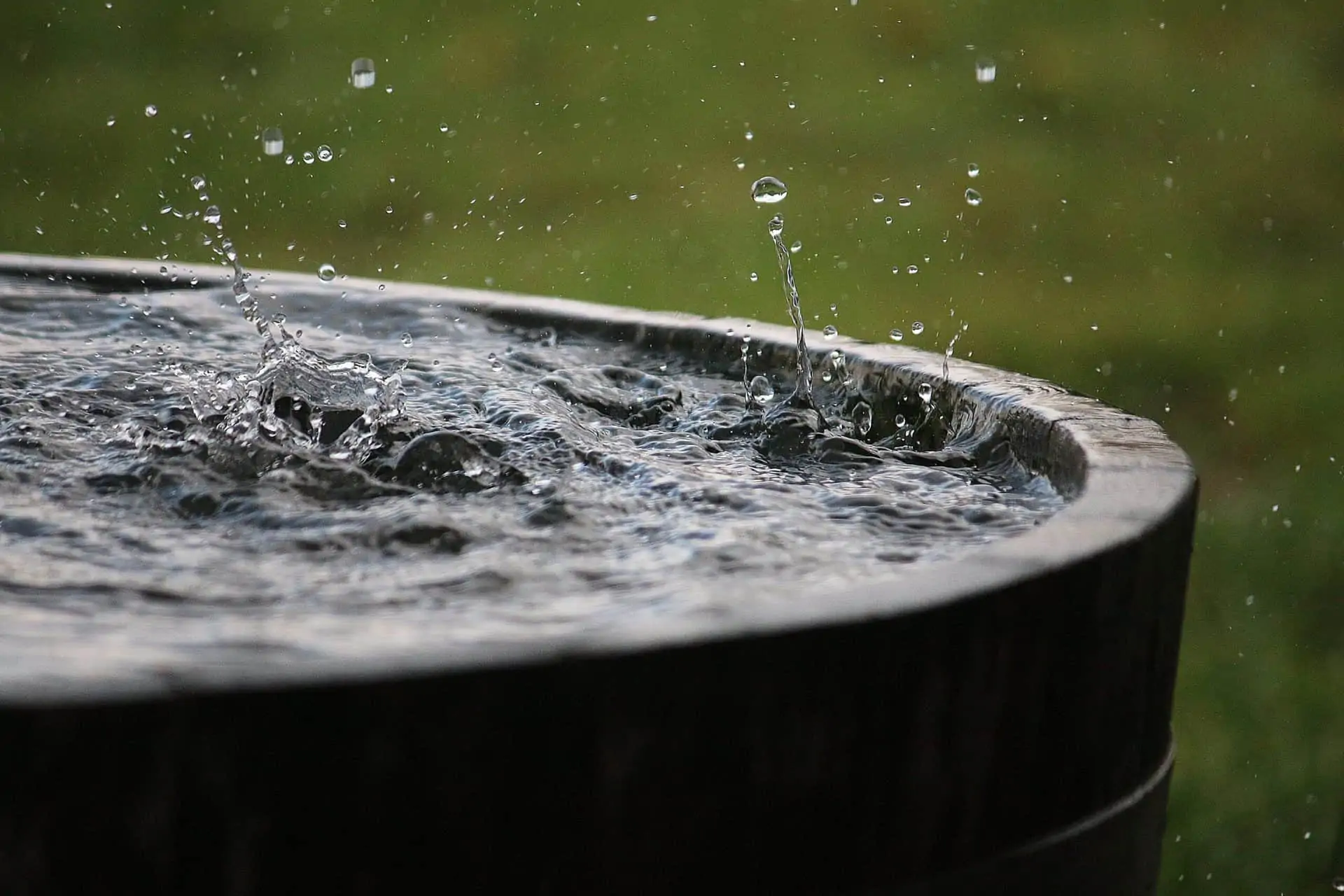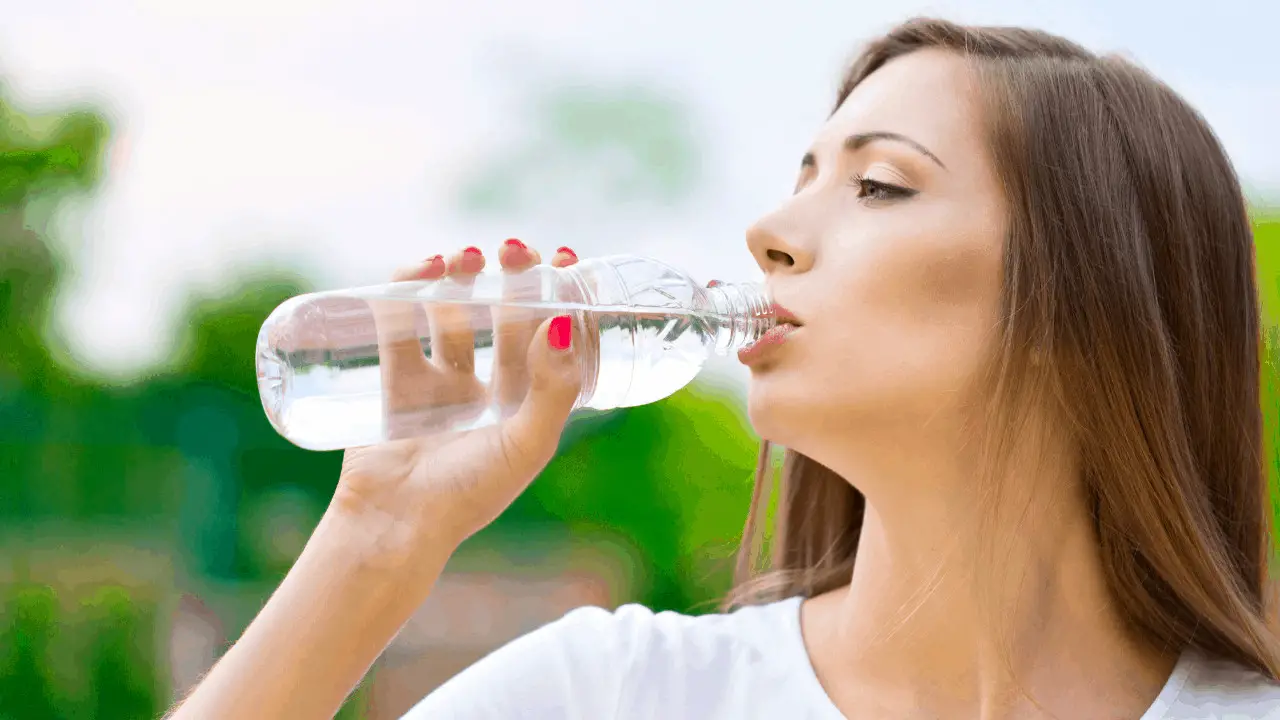Home water filtration devices have been a staple in many homes now for many years, providing a safe, accessible and economical way to improve the quality of drinking water. Though with that said, there are still several common misunderstandings and misconceptions present regarding the filtering of domestic water supplies.
Water softeners have increased in popularity in recent years and are favored by those who are located within a hard water area, providing a great way to enjoy soft water within the home. Unfortunately, one of the misconceptions we referred to lays exactly here, and so contrary to what some might believe; water softeners do not filter water or make it safer to drink.
We’re going to go one step further than that statement and explain to you exactly what the differences are between the two products, helping you to make better informed decisions.
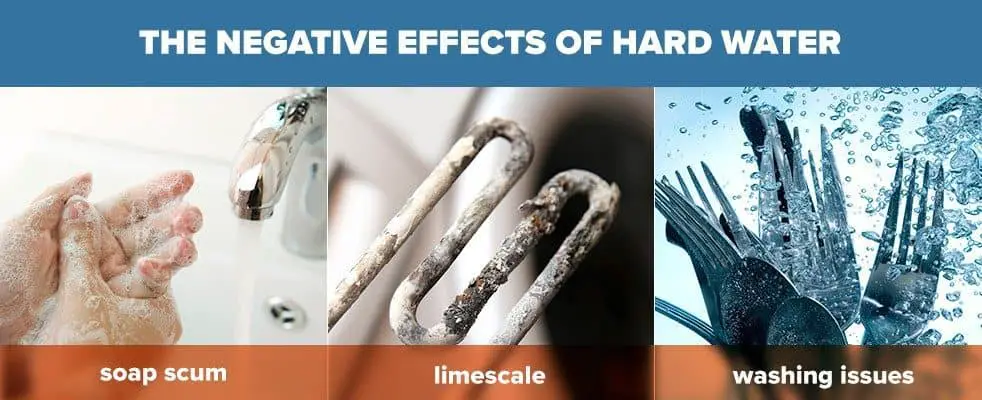
What Is Hard Water?
The term hard water simply refers to a quantity or source of water that contains a high mineral count, namely minerals that have been dissolved within the water. Hard water is formed when natural water sources run through natural landscapes which feature a significant amount of rock, not dissimilar to the water that flows from a mountain spring.
Water that is allowed to drip or percolate through limestone or chalk usually contains a high presence of magnesium and calcium as it is these two naturally occurring chemicals and minerals which are abundantly found within the earth.
These minerals collect within bodies of water to alter their mineral composition, turning regular water into hard water. It is this water that is supplied to you and is dispensed through your homes faucets.
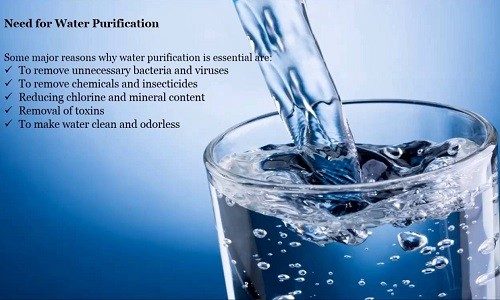
What Are The Effects Of Hard Water?
Truth be told, hard water is completely safe to use within the home, both for drinking and bathing in. The stigma surrounding hard water is usually attributed to the taste which some people find unpleasant. In addition, hard water has the ability to dry out your hair and skin and isn’t as silky smooth to the touch as soft water is.
Some studies even go as far as to say that drinking hard water may provide several health benefits such as increasing the efficiency of your digestive system in addition to all the other benefits that calcium and magnesium provide.
In terms of your home itself, hard water can lead to the build-up of limescale and calcium deposits in domestic appliances such as washing machines and kettles, even if you use a water filtration faucet which attaches to each tap.These deposits will eventually wear out your appliances over time which could result in premature failure.
In addition, hard water can require the use of more clothes detergent when washing clothes but this is a secondary concern and some detergent producers do take this into account in their formulas and ingredients ratios.
Treating Hard Water
As the name suggests, water softeners are designed to remove the chemicals and minerals in water which make it ‘hard’. This is done through a process which is known as ion exchange, essentially reducing the level of minerals present in your water supply by removing them in a process which isn’t too dissimilar to magnetization.
The calcium in hard water is replaced with salt, improving the taste and making the water feel softer to the touch as well as preventing the residue and scum build up on surfaces that is associated with hard water.
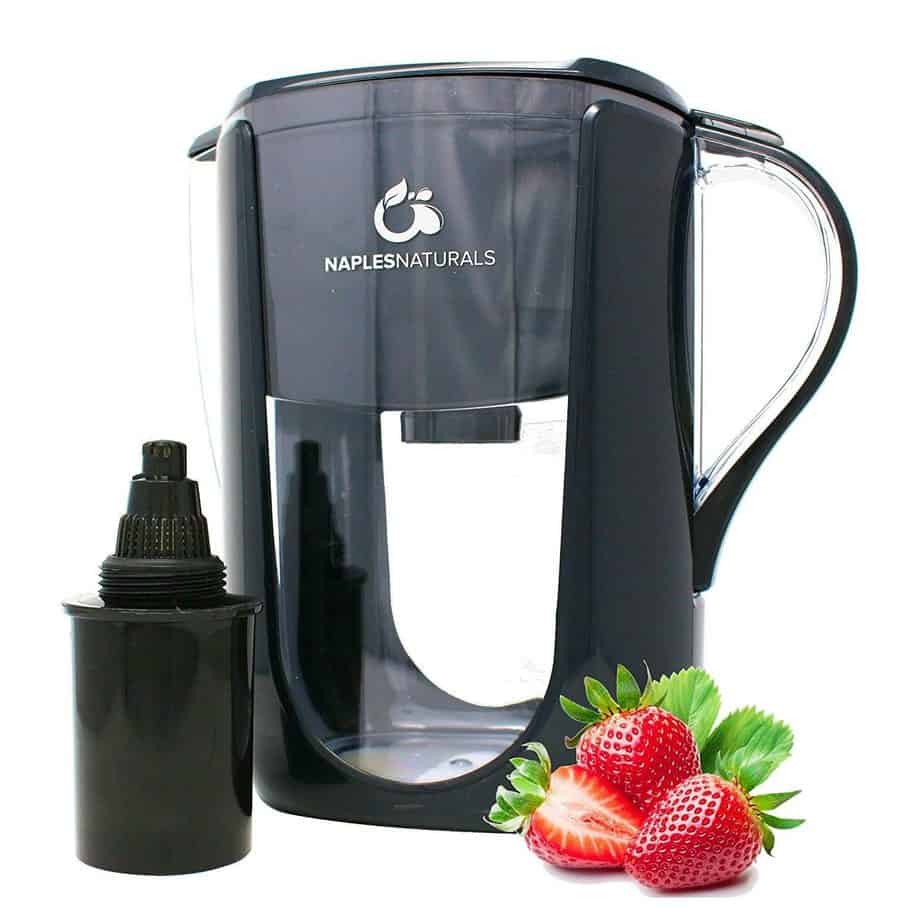
I’m More Interested In Drinking Healthier Water. Should I Buy A Water Filter Instead?
Yes, you should. Water softeners are no substitute for a high-quality water filter which is designed to filter out and remove the harmful bacteria and chemical contaminants present within some water supplies.
Furthermore, home water filters are designed to ensure that all of the good chemicals and minerals present in water are left behind, providing you with drinking water that is rich in nutrients rather than void of them such as with most forms of reverse osmosis filtered water.
Whether you choose to use a simple water filtration pitcher or would instead prefer a built in high-quality under sink water filter, ensuring that your drinking water is filtered properly will ensure that it is safe to drink and healthy for you and your family.
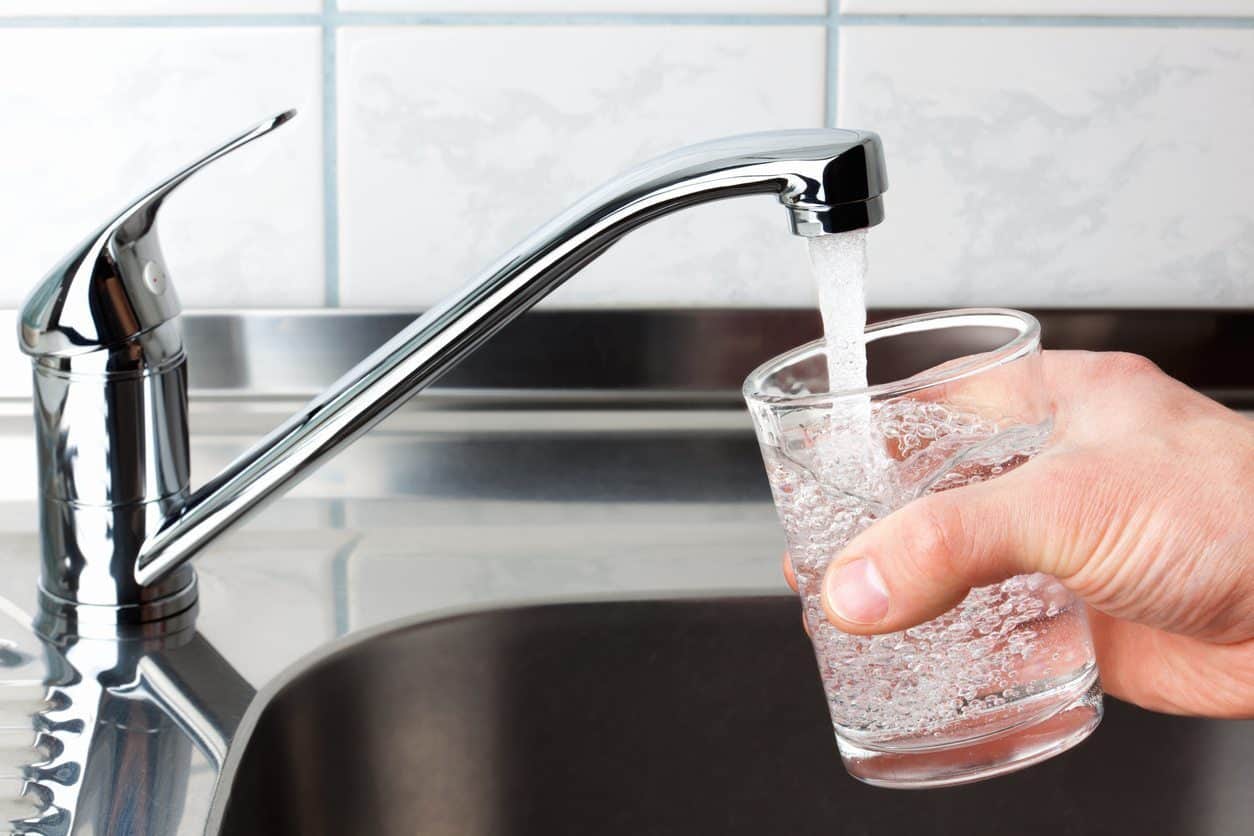
Conclusion
Water softeners are perfect for those who wish to improve the taste of their drinking water in addition to making it more pleasant to use for showering and bathing. Unfortunately, they are not a substitute for effective water filtration so you will still need to purchase a suitable water filtration device such as a whole house water filter in addition to your water softener.
Resources:

